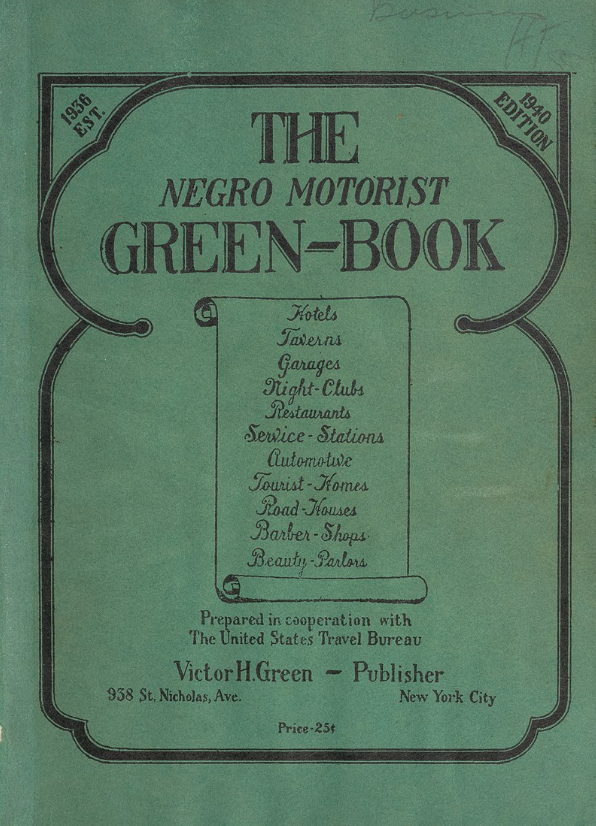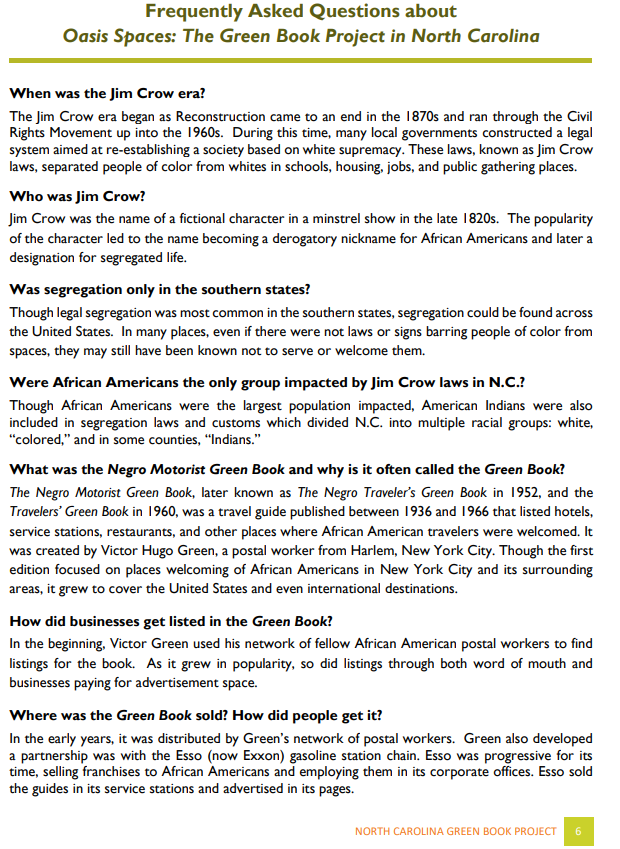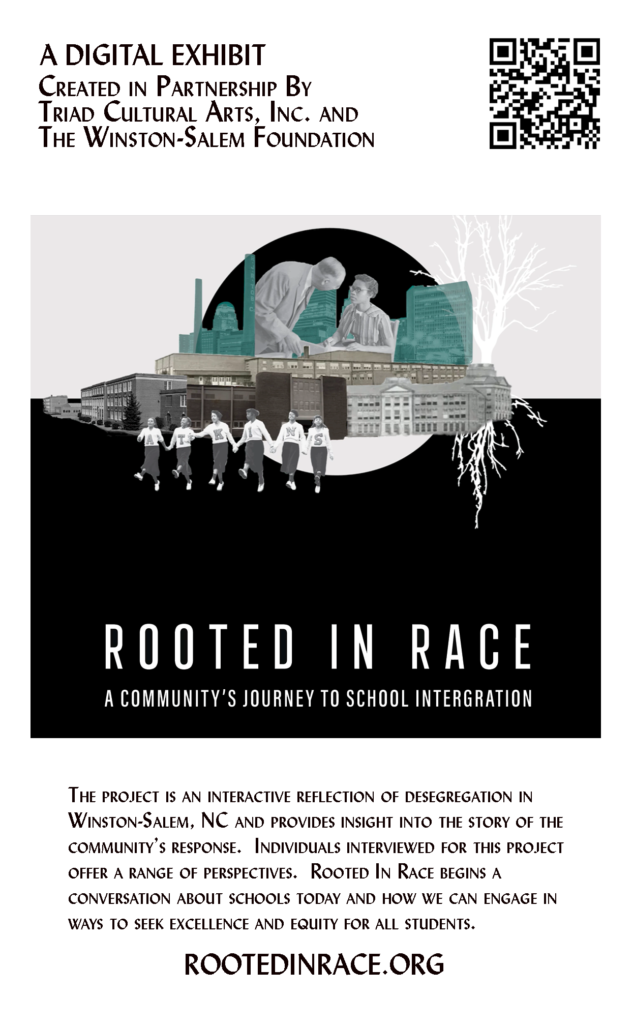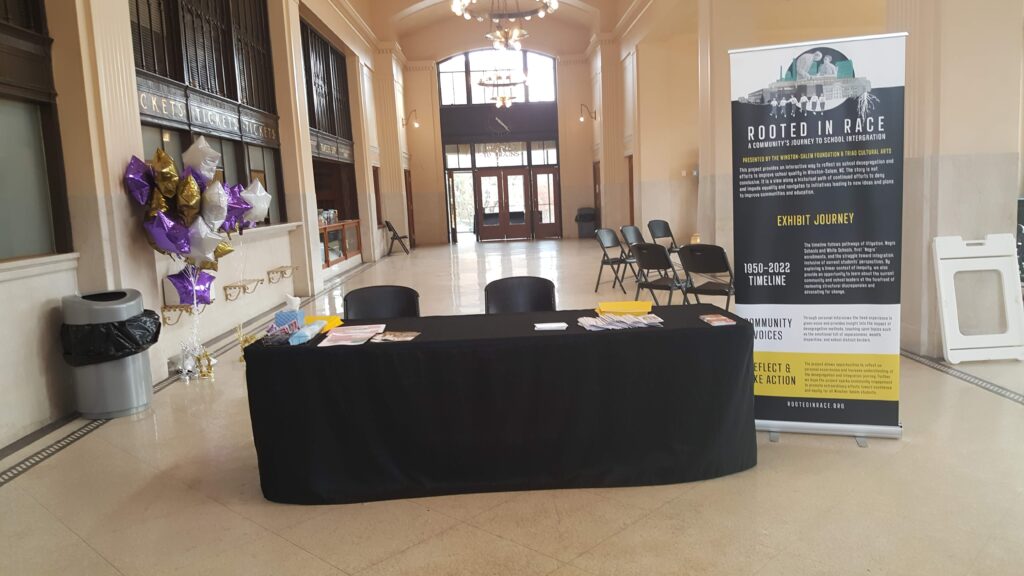
Catch our Pop Up and Online Exhibits
The Green Book Project
“The Negro Motorist Green Book,” published between 1936 and 1967, was both a guide and a tool of resistance designed to confront the realities of racial discrimination in the United States during the Jim Crow era. The book listed more than 300 North Carolina businesses—from restaurants and hotels to tourist homes, nightclubs and beauty salons—in the three decades that it was published.
It was created by Victor Hugo Green, a postal worker from Harlem, New York City.
Though the first edition focused on places welcoming of African Americans in New York City and its surrounding areas, it grew to cover the United States and even international destinations.
Shortly after the enactment of the Civil Rights Act of 1964, which prohibited the racial discrimination that had rendered the Green Book indispensable, its publication ceased, and it faded into obscurity.
The Winston-Salem Green Book Story Map
"The Bible of Black Travel" from 1936 to 1967.
The Forsyth County Historic Resources Commission has launched a story map that shares the history of the 18 businesses in Winston-Salem that were listed in the Green Book between 1938 and 1967. None of the buildings that housed these businesses remain standing, but the story map includes historic photos, maps, and newspaper clippings that illustrate the sites and people who owned and managed the businesses. It is available to explore at bit.ly/WSGreenBook.
The exhibition explores a local history of school desegregation to allow openness in discovering the history and impact of school desegregation on the African American community in Winston-Salem, NC.
Primary Objectives
1. Shed light on the human cost of the policies that ere enacted during desegregation.
2. Create a full community narrative through capturing personal experiences and input.
POP UP EXHIBITS
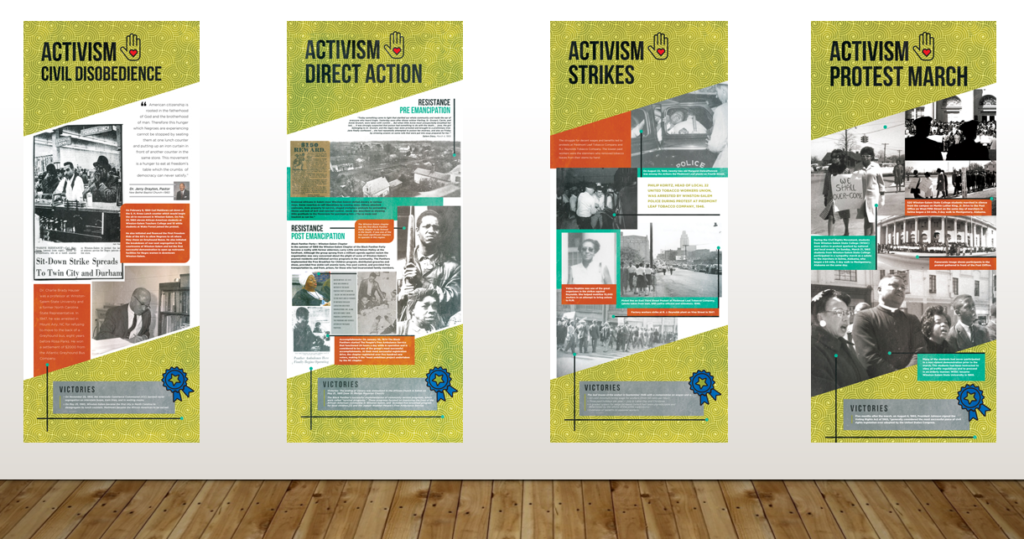
Pop Up Museums and Salons – Triad Cultural Arts present a series of curated Black History pop up salons which include banners, video, and online exhibits. Pop up museums include an array of pull up banners covering various aspects of local Black history. Salons include videos, pull-up banners, and an assembly with a speaker and music. To schedule email: triadculture9@gmail.com

